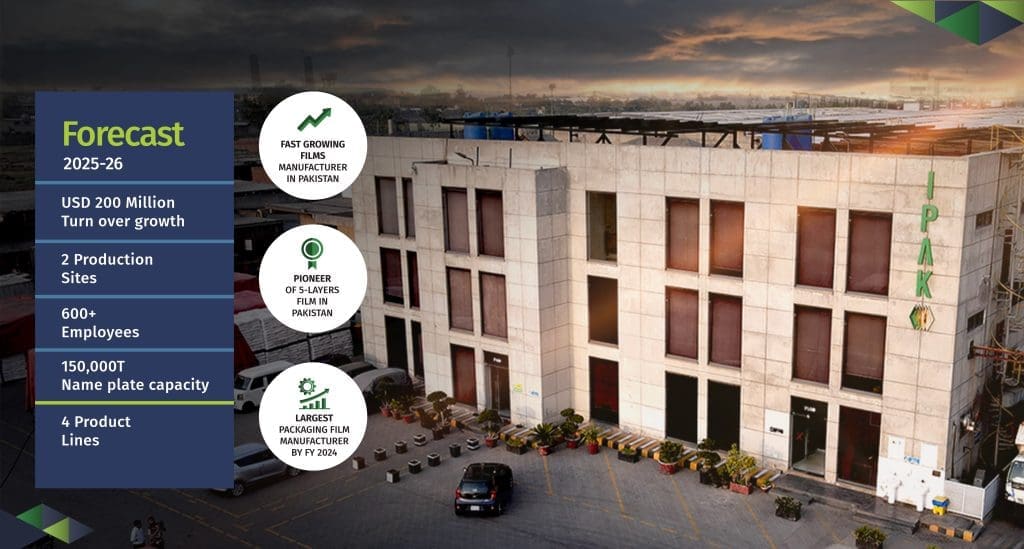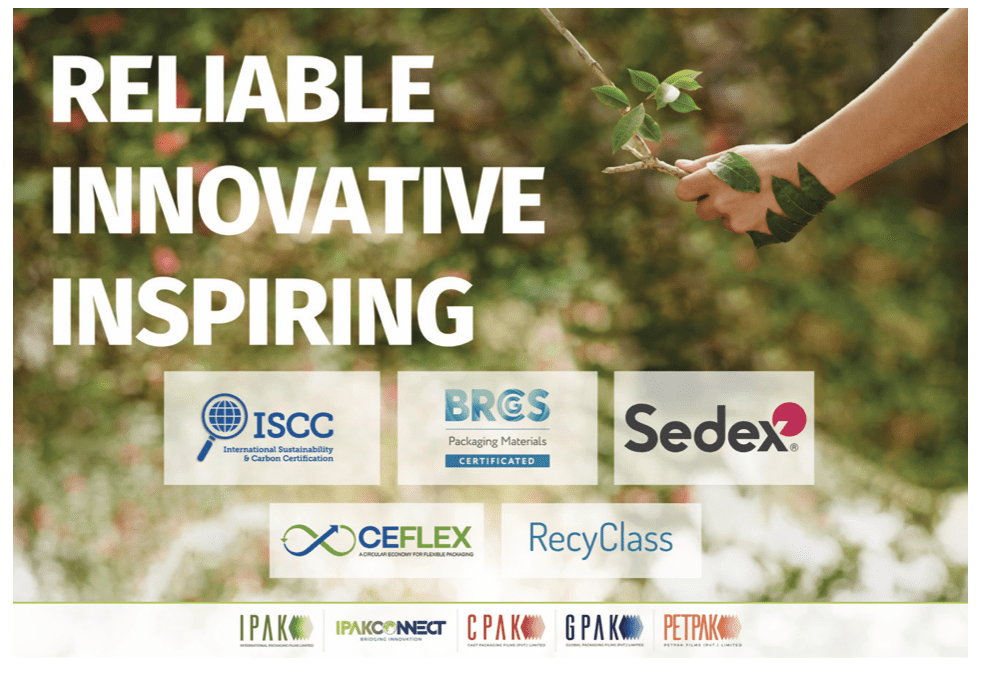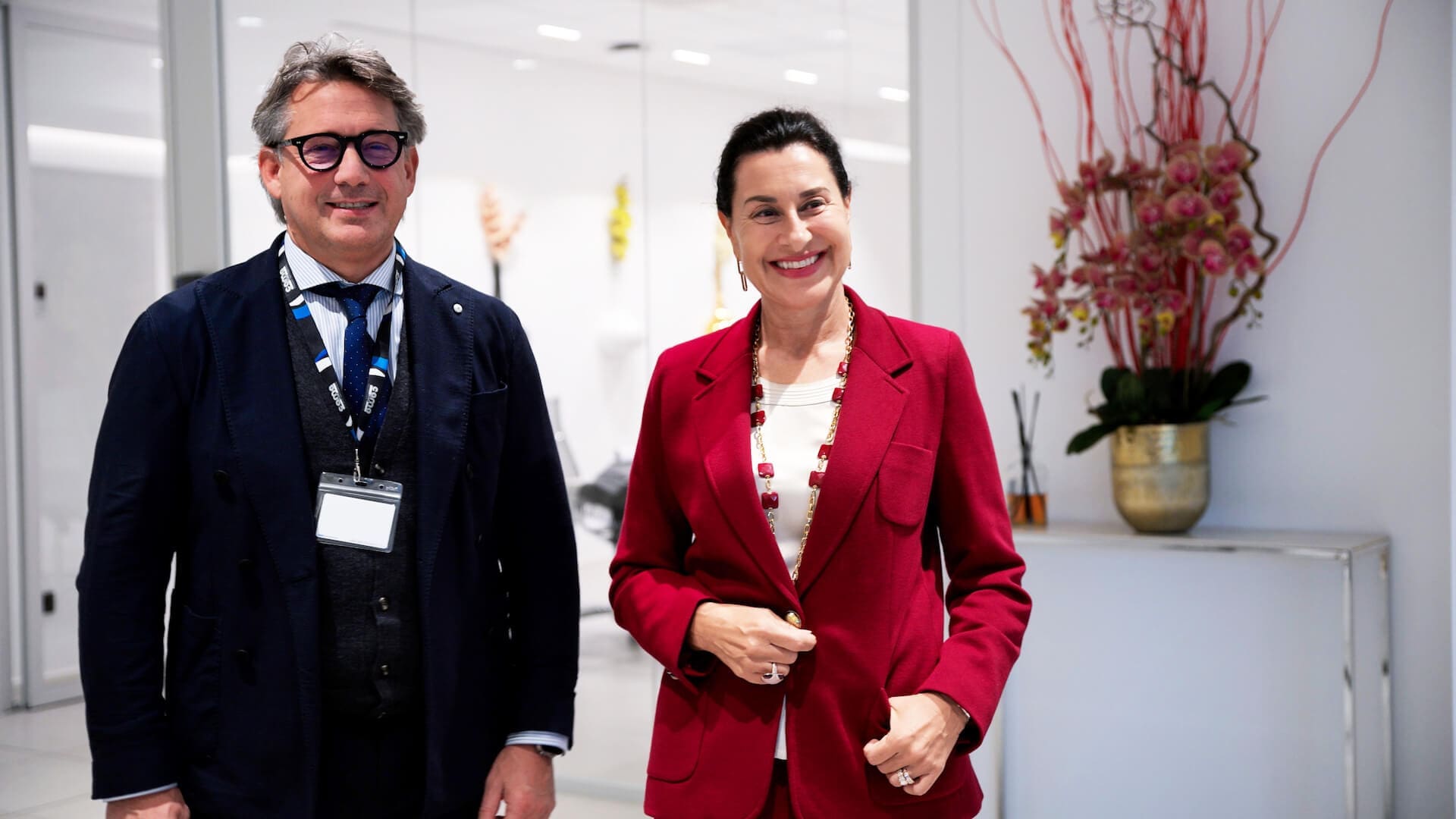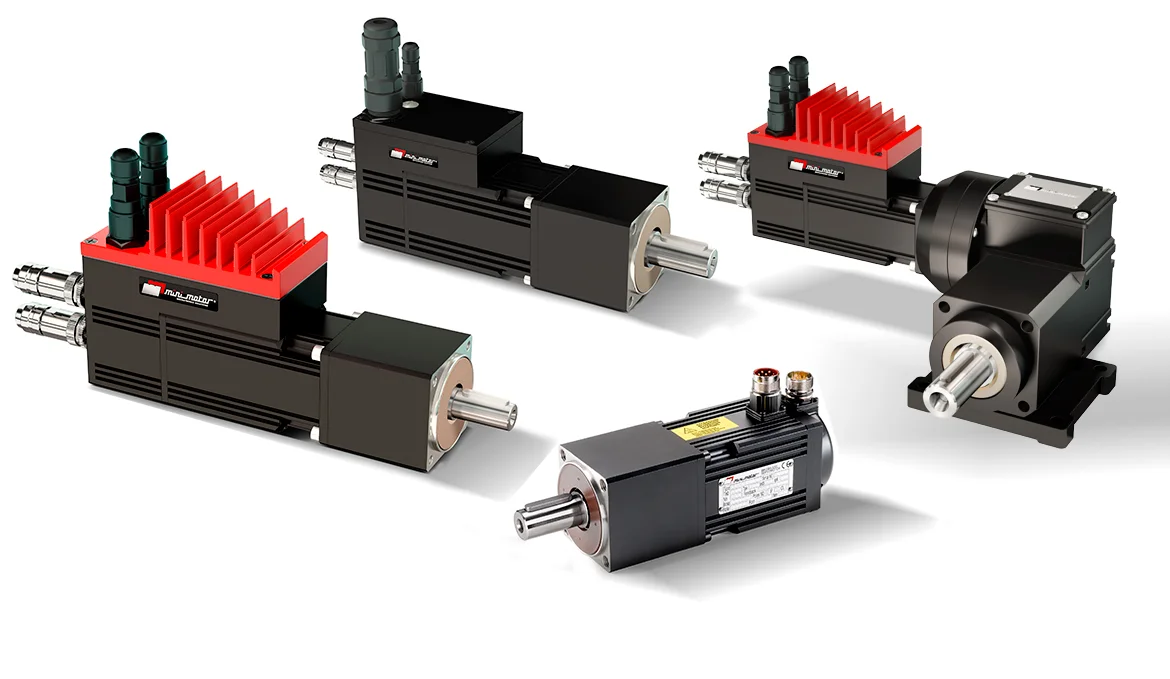Headquartered in Karachi, IPAK was founded in 2017 as a green field project to manufacture “BOPP” packaging films.
The company’s state-of-the-art manufacturing facility is spanning over on area of 46 acres land, where the major machinery has been acquired from the world’s top class engineering firms such as Bruckner Maschinenbau (Germany), BOBST (United Kingdom), KAMPF (Germanyl, etc. IPAK is a budding yet high growth potential company with a focus lo develop and deliver excellent quality packaging films to the locai as well as international markets.

Staying committed lo its unwavering strategie objectives, the company decided lo expand its business footprint, by incorporating three new subsidiaries which are enabling the group to become the only flexible packaging group of Pakistan, offering a one-window solution lor all four kinds of commonly used packaging films known as BOPP, BOPET, BOPE and CPP.

Vision: to be the global leader in innovative packaging solutions.
Mission: build IPAK as on international brand with recognition lor its quality, service and innovations in offering sustainable packaging solutions to its customers.
IPAK’s commitment to sustainability is firmly rooted in adherence lo international standards. The company is certified under ISO 900 l , ISO 1400 l, ISO 4500 l , and BRCGS lssue 7, and has also achieved ISCC Plus certification at two of its sites. Further strengthening its framework, IPAK is in the process of obtaining EN 15343 and ISO 5000 l certifications.

Reflecting its dedication to ethical business practices and market credibility, the company has also earned SEDEX SMETA 4-Pillar certification. In addition, IPAK aligns itself with leading international initiatives driving circularity in packaging. Through RecyClass, the company follows globally recognized guidelines to enhance recyclability, ensure traceability of recycled content, and support compliance with European standards such as EN 15343. Meanwhile, by engaging with CEFLEX (Circular Economy for Flexible Packaging), IPAK incorporates best practices from across the value chain, contributing to the transformation of flexible packaging towards a more circular and sustainable model.

IPAK unveils identity of its sustainability initiatives Tajdid an Urdu/Arabic word means “Renew”. Tajdid is further reinforced with a pictorical presentation of set of actions required now and going forward, to make our and future of our generations to come, sustainable.
Concept of Tajdid revolves around collaborations intenrally and externally with our vendors, 17 UNSDG’S, allied partners, clients, brand owners, conumers, institutions, Climate challenges, accademies and governmental bodies to bring sustainability in our every action in daily life.

IPAK continues to strengthen its decarbonization journey with significant energy and emissions achievements. Its operations are partly powered by an 8 MW solar energy system, producing around 63,500 kWh per month, reducing fossil fuel reliance and avoiding 25 tCO₂ annually. In addition, waste heat recovery systems cut emissions by 1,688 tCO₂eq, while optimized logistics practices prevented 7,568 kgCO₂ emissions and saved 2,810 liters of fuel. To advance resource stewardship, IPAK has deployed comprehensive water monitoring and management across all sites. Initiatives such as reusing cooling tower blowdown water for solar panel cleaning are generating annual savings of approximately 105,876 m³, reinforcing IPAK’s commitment to water conservation.
Tajdid is structured around three dedicated sustainability brands: tameer, zeest and tarmim.
Together, these pillars of Tajdid form a holistic framework that honors our shared responsibility to protect and renew the world we live in — one action, one partnership, and one community at a time.
The pictorial presentation of sustainability brands can be seen below:

Our innovative sustainable films
At IPAK, innovation drives progress. Our Research & Development department continues to set new standards in flexible packaging, addressing global challenges with cutting-edge solutions and sustainable alternatives. Our latest developments reflect our unwavering commitment to performance, circularity, and excellence. The 7 Tajdid Packaging Strategies outline a holistic approach to sustainable packaging.

They focus on reducing material and energy use,revamping processes for efficiency, designing for recycling, refusing harmful substances, rethinking packaging concepts, encouraging reuse, and redesigning structures with recyclable or recycled materials. Together, these strategies drive innovation while supporting circular economy principles.




